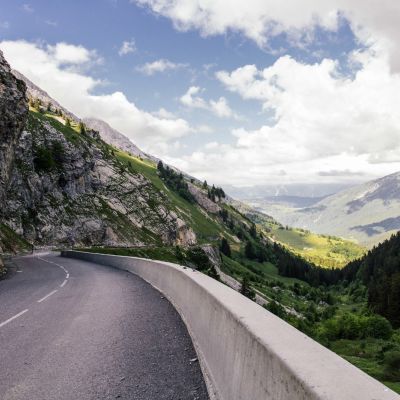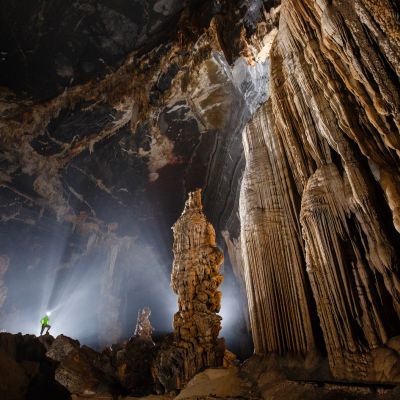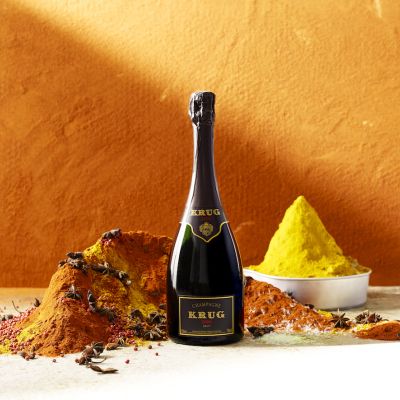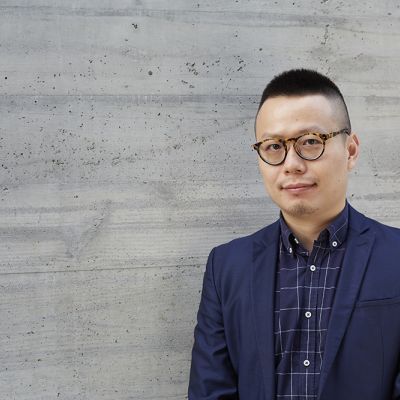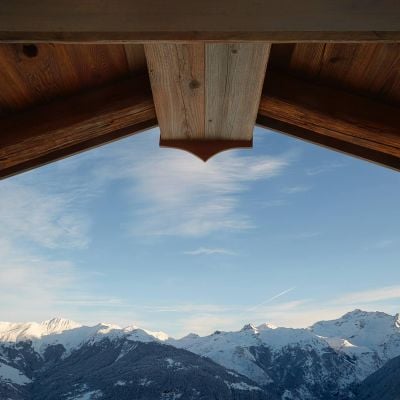Restoration Man
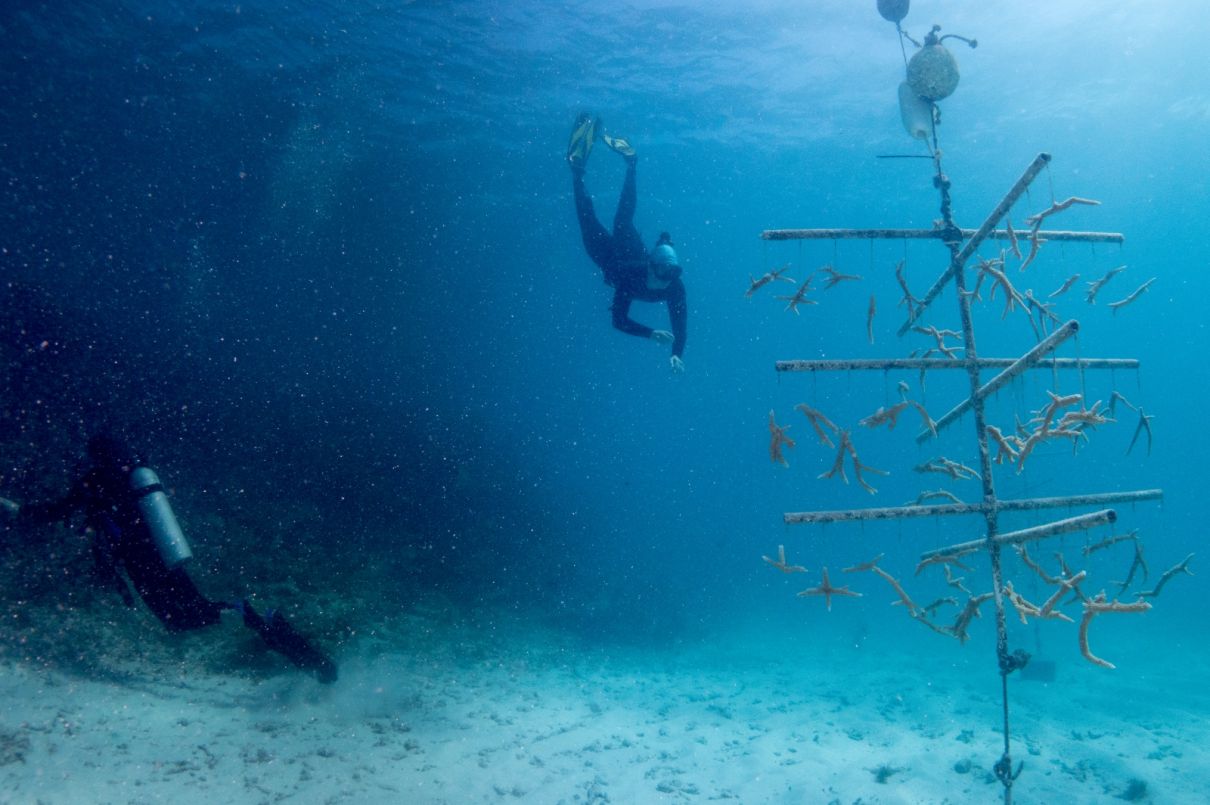
A self-made billionaire is backing several conservation projects, including rebuilding a coral reef in Barbuda.
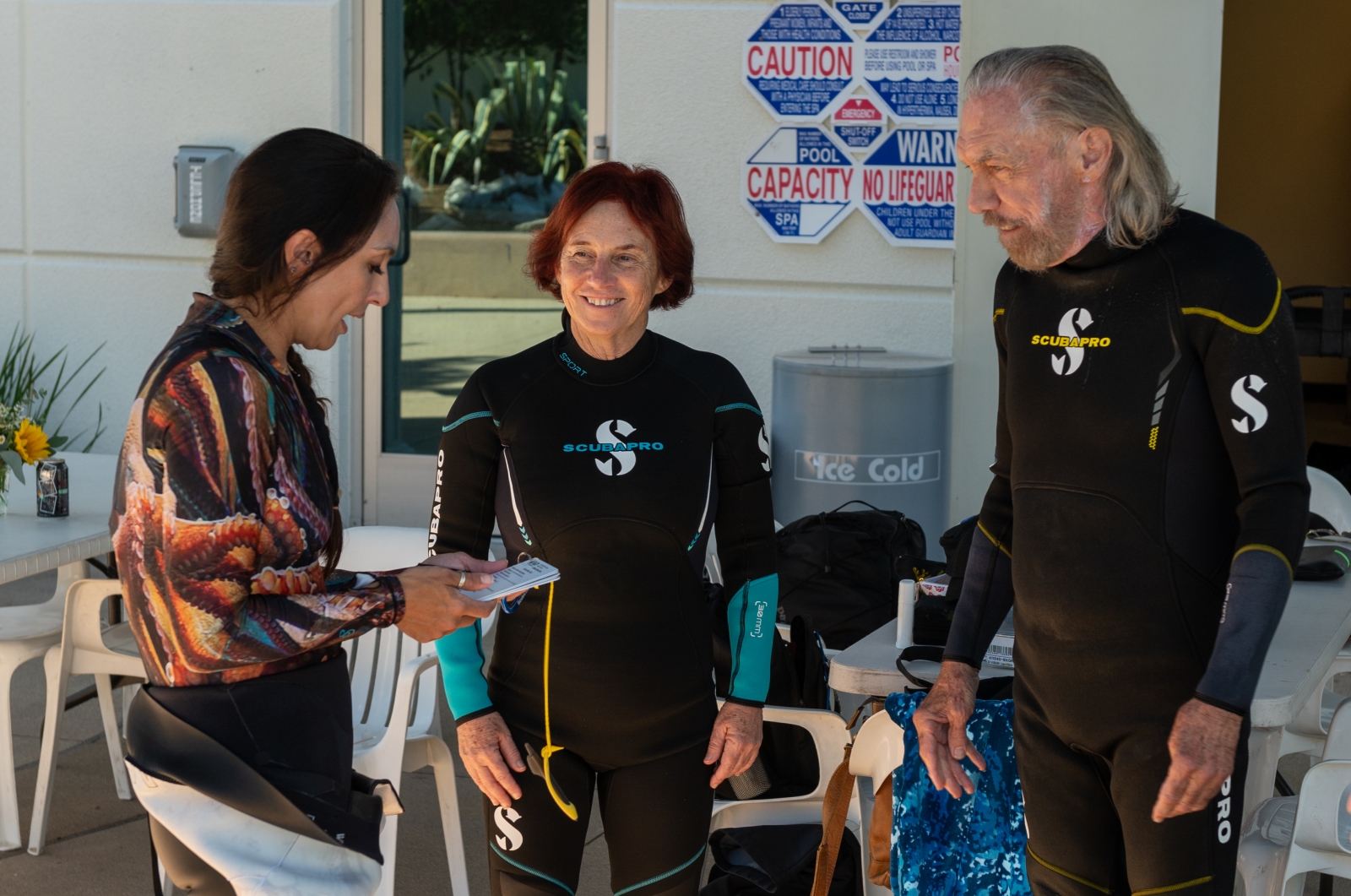
To climb up out of homelessness to billionaire status is a journey of Sisyphean proportions. But it’s one that was made by John Paul DeJoria (known as JP), co-founder of John Paul Mitchell Systems, Patrón Tequila and Spirits and John Paul Pet.
The son of a single mother, in his early days, at one point he was living out of his car (it was a 20-year-old Rolls-Royce) after splitting up from a relationship. He was working as a door-to-door salesman selling shampoo, which after perseverance and “good luck” he says, turned into co-founding a haircare giant and many other companies after.
Nobody goes from homeless to a billionaire without a substantial amount of grafting, and DeJoria is known for working seven days a week, starting his meetings at 6am. “I spend a couple of days with him, and I’m exhausted,” says a colleague.
Now at the age of 79, the father-of-four pours his seemingly boundless energy into looking for more ways to give away much of his estimated US$2.9 billion, or, as he calls it, “paying rent for being on this planet”. It was an instinct instilled in him from a young age, he says, as he speaks from his home in Los Angeles.
“My mum taught my brother and I from a very young age that no matter how much you have you should always give back. At the age of about six I remember a man ringing a bell with a bucket in front of him, and mum gave us a dime to give him.” He chuckles, as a memory it stayed with him vividly because, at the time, one could buy three candy bars or two soda pops with a dime. But his mother insisted on the importance of giving, no matter what.
“Mum said: We can only afford a dime this year, but that’s the Salvation Army and they give food and clothes to people who don’t have any. Remember in your life, son, growing up, whatever you do or don’t have, always give a little bit to somebody else.” I thought, yeah, that makes sense. And the idea stuck with me.”
DeJoria’s reputation is one of great generosity. Josh Tickell, who makes impact films such as Kiss the Ground, has known him for years as investor. He recalls walking down the street with him in LA. “You never get very far quickly because every homeless person he sees, he stops to find out their name, what they need, and to make sure they know where the nearest soup kitchen is.”
DeJoria has also signed The Giving Pledge, the platform set up by Warren Buffett and Bill Gates to encourage billionaires to give away half or more of their wealth and says in his pledge letter that: “Giving back is a practice and joy I want my family to continue.”
Of the some 160 causes that DeJoria supports via his foundation, the Peace, Love and Happiness Foundation, many are related to social issues and nature, such as Grow Appalachia, an NGO that helps poor communities in six states in Appalachia by giving them seeds and tools to plant gardens and grow organic food.
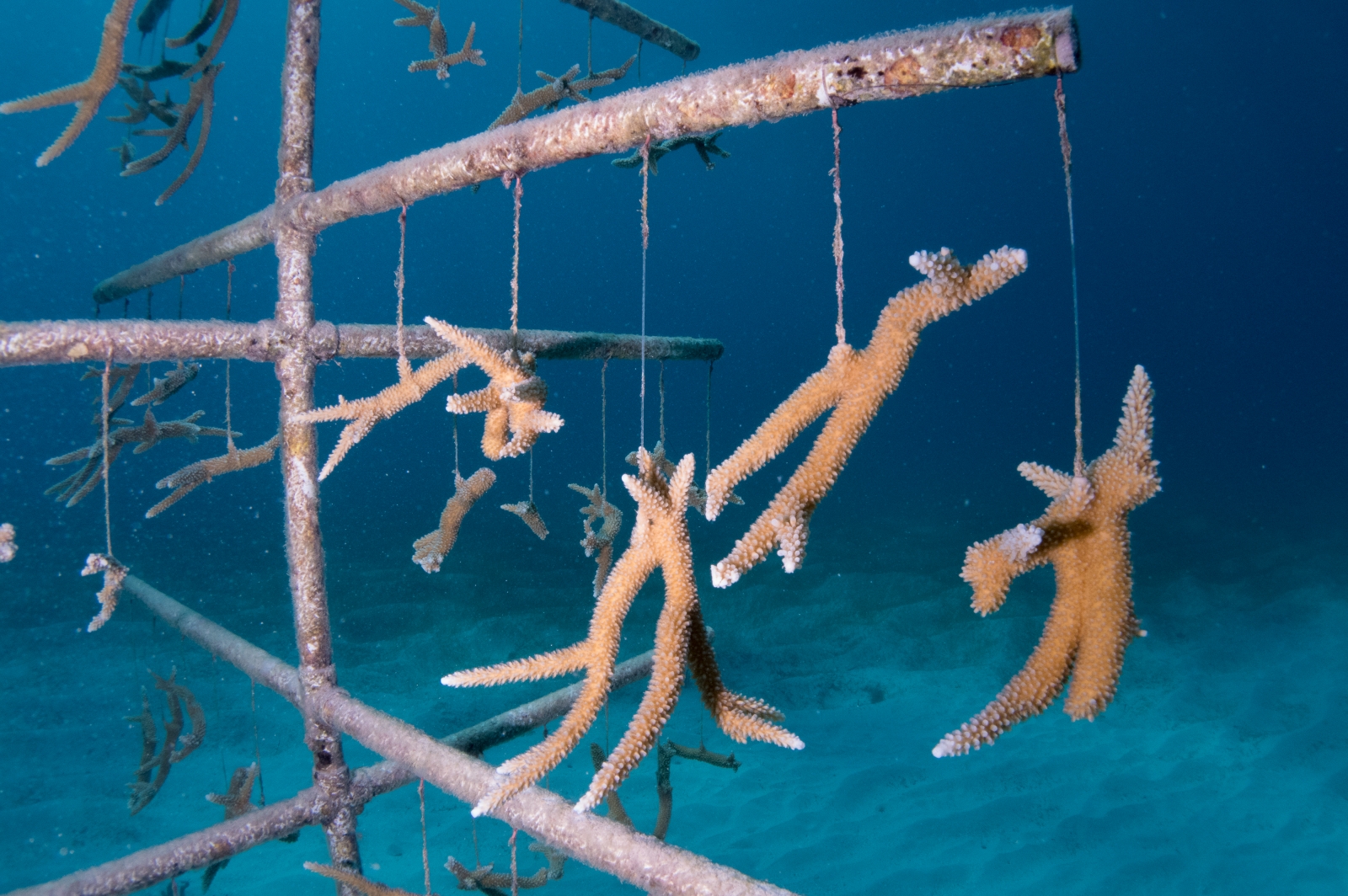
He attributes his leaning towards charities that support nature, to his childhood experiences. “Growing up in downtown Los Angeles we had a deadbeat dad,” he says. “It was my mother and my brother Bob and me. We were considered underprivileged children, so every year through a local initiative we got to go to a national park camping for five days, and we learned about trees, pinecones and we got to go fishing on the lake. We were so excited when we got to get out of town into nature, and I grew up with that feeling of nature being so great.”
One of the most recent is OceanShot, a coral reef rebuilding collaboration with climate scientist Dr Deborah Brosnan. It began initially in the tiny Caribbean island of Barbuda and is now being rolled out in Antigua, using technology that mimics the design and shape of natural reefs to provide opportunities for colonization by coral and other marine life. The man-made reef modules also help protect coastal communities from the storm surges and sea-level rise that devastate so many every year.
DeJoria has also invested in a laboratory in Barbuda that should break ground in the coming year, to carry out research and development and train the locals on how to participate and regrow their own coral reef. Scientists on the project will test new technologies that aim to speed up coral growth; it typically takes over a decade to restore a single hectare of coral. The team will also build a nearby coral nursery to grow several species that will eventually help populate the newly built reef area.
The opportunity to invest in the community came about when DeJoria began building a luxury development in Barbuda in partnership with Discovery Land. “When I got there, I saw the most beautiful ocean and beaches, but there were a lot of problems, the coral was disappearing, there were no sand dunes, it wasn’t a good thing. So, I met Deborah Brosnan, and then it was a no-brainer. Many times, on our planet there are boots to fill, and I wanted to fill that boot, so we said let’s do it.”
DeJoria says that while there was criticism and push back initially, the project has proved successful, which has helped convince locals of the need for development with rebuilding efforts from outsiders. The project is now fully supported by the Government of Antigua and Barbuda and championed by prime minister Gaston Browne. OceanShot has partnered with PADI and will engage citizen divers to embed restoration techniques into dive practices.
“We’ve proved it works. Where it was desolate before, people can see that there are now 36 species of fish who’ve moved in in less than a year, at least nine species of coral which are growing there, sea urchins, and more,” he says. The plan is to replicate the reef-mimicking programme in other Caribbean and Latin American locations, and further afield.
DeJoria says: “With more than half of the world’s coral reefs already lost, and the rest at risk, this project couldn’t be more urgent.”
This article originally appeared in Billionaire's Impact Issue. To subscribe click here.


